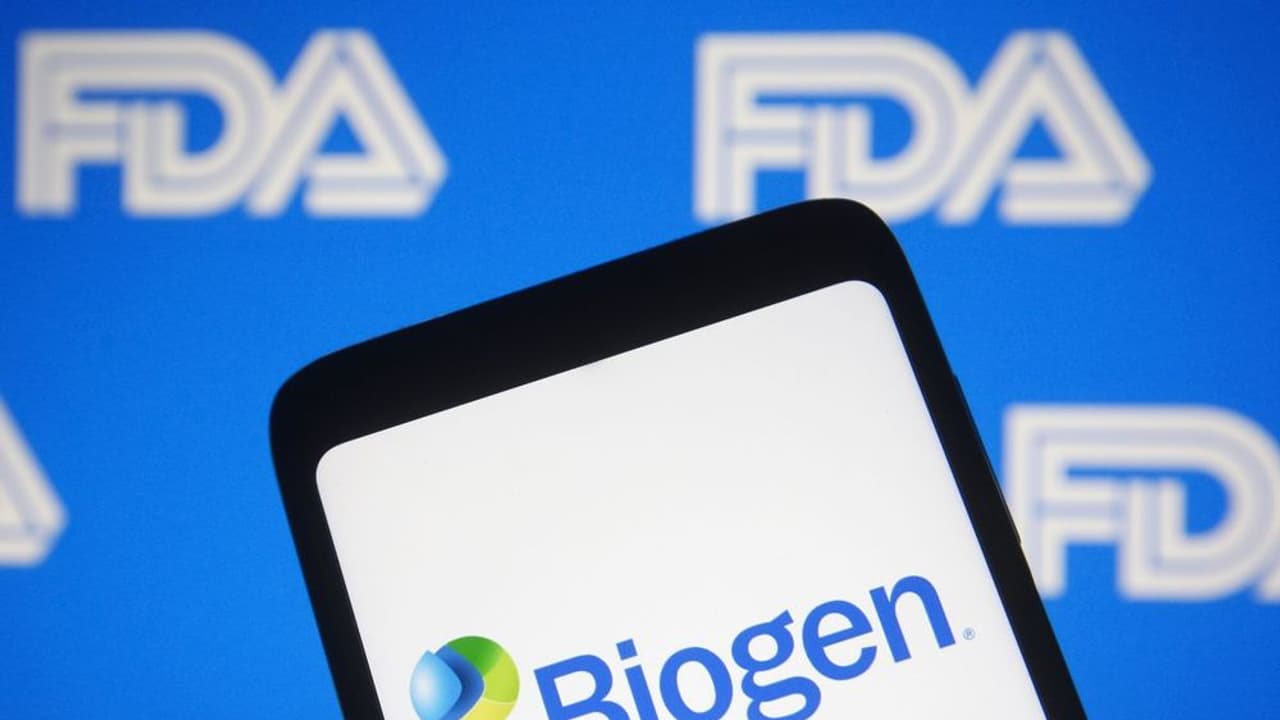Zuranolone: The Milestone Drug for Postnatal Depression in the UK
As dawn broke over London, Sarah, a new mother, sat by her window clutching her infant. Outside, the world buzzed with life, yet inside, she felt isolated, consumed by a wave of sadness she couldn’t shake. “I thought it was just the baby blues, but it turned into something darker,” she reflected. Sarah is not alone; an estimated one in ten women in the UK experience postnatal depression (PPD), a condition that lingers far longer than the initial weeks after childbirth. Recently, the Medicines and Healthcare products Regulatory Agency (MHRA) marked a significant milestone in the fight against PPD by approving Zuranolone, a groundbreaking new oral treatment, the first of its kind in the UK.
A Breakthrough in Treatment
Zuranolone, known by its brand name Zurzuvae, has emerged as a beacon of hope for mothers like Sarah. Approvals from both the MHRA and the U.S. Food and Drug Administration reflect a shift in how PPD is understood and treated. Traditionally, treatments have ranged from psychotherapy to antidepressants that can take weeks to show effect, making the rapid relief promised by Zurzuvae—administered over just 14 days—revolutionary.
Dr. Jane Esposito, a clinical psychologist at the Institute for Maternal Mental Health, noted, “Zuranolone represents a paradigm shift. For too long, PPD was misunderstood and under-treated. This approval sends a message that maternal mental health is finally receiving the attention it deserves.”
Understanding Postnatal Depression
PPD can manifest in various ways, affecting a person’s emotional, physical, and social well-being. Symptoms range from:
- Sadness and hopelessness
- Irritability and anxiety
- Fatigue and sleep disturbances
- Loss of interest in activities
- Changes in appetite
The condition affects not only the mother but can also have cascading effects on the child’s development and the overall family environment. According to a recent study conducted by a team at the University of Edinburgh, children of mothers who experienced PPD were 35% more likely to develop behavioral issues by age three.
The Mechanism Behind Zuranolone
Zuranolone functions by modulating the GABA-A receptor system in the brain, which is crucial for regulating mood and anxiety. Dr. Leo Chang, a neuropharmacologist at the National Institute of Mental Health, explained, “By influencing this system, Zuranolone provides swift relief from symptoms, addressing a critical gap in PPD treatment options.”
This mechanism aligns with findings from recent randomized clinical trials involving nearly 300 women, where Zuranolone demonstrated significant reductions in depressive symptoms as early as day three after starting the regimen.
The Market Landscape and Implications
Biogen Inc., the pharmaceutical giant behind Zurzuvae, has reported a substantial uptick in demand—$46.4 million in revenue from the drug in the second quarter alone, a marked increase from $14.9 million in the same time frame of 2024. Despite a challenging stock performance—with shares down 10% this year—analysts remain optimistic.
“Investors are starting to see the potential that Zuranolone has not just for postnatal depression but for other conditions as well,” commented investment analyst Tom Rivers. “This drug opens new avenues for depression treatment in populations that have been historically underserved.”
The approval also has broader implications. The approval by European Medicines Agency (EMA) earlier this year positions the drug as a potential leader in the burgeoning field of mental health treatments. Dr. Esposito added, “This could pave the way for similar treatments targeting other mood disorders in the near future.”
Challenges Ahead
While the approval of Zurzuvae is a leap forward, it is not without challenges. The common side effects, including memory impairment and confusion, are potential concerns, particularly for new mothers who are already coping with the demands of childcare. “Any medication must be weighed against its risks, especially in vulnerable populations,” Dr. Chang remarked.
Moreover, access to the drug will need to be closely monitored. As with many new treatments, the cost and insurance coverage could affect widespread adoption. The UK National Health Service (NHS) is in discussions regarding reimbursement strategies, highlighting the importance of making this medication accessible to those in need.
Additionally, mental health stigma often presents a barrier for many women seeking help. “There’s still a social barrier for many mothers, who may feel ashamed to admit they’re struggling,” Dr. Esposito noted. Strategies will need to be implemented to foster an environment where mothers feel comfortable discussing their mental health without fear of judgment.
As Sarah reflects on her postpartum journey, she feels cautiously optimistic. “If I had this option when I was struggling, maybe I wouldn’t have felt so alone,” she said. The introduction of Zuranolone symbolizes a crucial step toward addressing not only PPD but the broader cultural shifts needed to support maternal mental health.
Ultimately, the journey is just beginning. With emerging treatments like Zuranolone, combined with growing awareness and advocacy, there is hope that many new mothers will find the support they so desperately need. As the sun sets over the Thames, the whispers of change in maternal mental health beckon a new dawn—not just for mothers like Sarah, but for families across the UK and beyond.
Source: newsable.asianetnews.com


